What signs and symptoms should I look out for in myself or loved one to indicate Sensory Processing Disorder?
What signs and symptoms should I look out for in myself or loved one to indicate Sensory Processing Disorder?
Your intuition should not be discounted. When there is a suspicion of a neurological disorder, it is a very good idea to speak to a professional, but what are some common signs and symptoms that warrant a suspicion?
Hypersensitivity to Light or Sound: More Than Just An Irritant
Have you or someone close to you found themselves wincing at the glow of a screen or recoiling from the blast of a loud, unexpected noise? For some, the discomfort goes beyond a mere annoyance; it becomes an overwhelming experience, clouding their daily existence. This hyperreactivity, formally known as sensory processing disorder (SPD), can signal underlying issues with the nervous system.
Understanding the Challenge: Light or sound hypersensitivity often co-occurs with neurodevelopmental disorders such as autism or ADHD. The brain, in these cases, struggles to integrate and process sensory information, leading to significant distress. Notably, these reactions aren’t simply overreactions; they stem from a difference in neural wiring.
Navigating Daily Life: Coping strategies are key. Individuals dealing with sensory sensitivity might benefit from sensory diets—carefully crafted routines that balance input. Dimming lights, using ear defenders, and creating predictable environments are all part of a broader approach to managing these symptoms.
Social Interactions as a Struggle, Not a Joy
Society is knit together through the complex tapestry of social exchanges. But for many, this weaving is fraught with challenges that extend beyond mere shyness or introversion. Difficulties in reading social cues, engaging in reciprocal conversation, or gauging personal space and boundaries can signal social communication disorder—a hurdle in the path to meaningful connections and relationships.
The Heart of Connection: At the core of human existence is the drive to belong. When social interactions become a source of anxiety or bewilderment, addressing the underlying causes is critical. Social communication disorder, often associated with conditions like ASD or anxiety disorders, necessitates a patient and understanding community.
Building Bridges: Therapy, especially those focused on social skills and emotional regulation, offer routes towards bridging the gap. Peer interactions in controlled settings, social stories that illustrate appropriate social behavior, and role-playing can offer invaluable practice and support.
When Coordination Becomes a Challenge
Our ability to move through the world, to express ourselves physically, and to engage in activities that bring joy is contingent on the smooth interplay of our muscles and senses. For some, this harmony is disrupted, leading to symptoms like poor motor coordination, commonly referred to as dyspraxia.
The Misunderstood Condition: Dyspraxia is often mischaracterized as mere clumsiness, a casual and benign trait. However, for individuals wrestling with this condition, the inability to plan and execute coordinated movements can be highly frustrating and can significantly impact self-esteem and participation in daily activities.
Empowering Movement: Occupational therapy tailored to improve motor skills, muscular strength, and endurance is the backbone of support for individuals with dyspraxia. These interventions, particularly effective when initiated early, can lead to significant improvements in navigating the physical world.
Taking the First Step Toward Understanding
Armed with an understanding of these and other less tangible symptoms—often the heralds of more complex health realities—individuals and families can make informed decisions. The pursuit of knowledge is a proactive approach that demystifies conditions, promotes empathy, and empowers action.
Always remember, the experience of health is deeply personal, and it’s okay to seek help and clarification. In doing so, we chip away at the stigma surrounding these symptoms and lift the veil on the unseen struggles of so many.
Through concerted efforts at education, destigmatization, and support, we pave the way for a future where everyone’s language of health is not only understood but honored and responded to with compassion and care. So let’s unravel the unseen, together. Let’s embrace our unique stories and speak with conviction for ourselves and our loved ones. Let’s take that first step towards better understanding and creating a more inclusive and supportive world for all. So keep asking questions, seeking answers, and advocating for yourself and those around you.

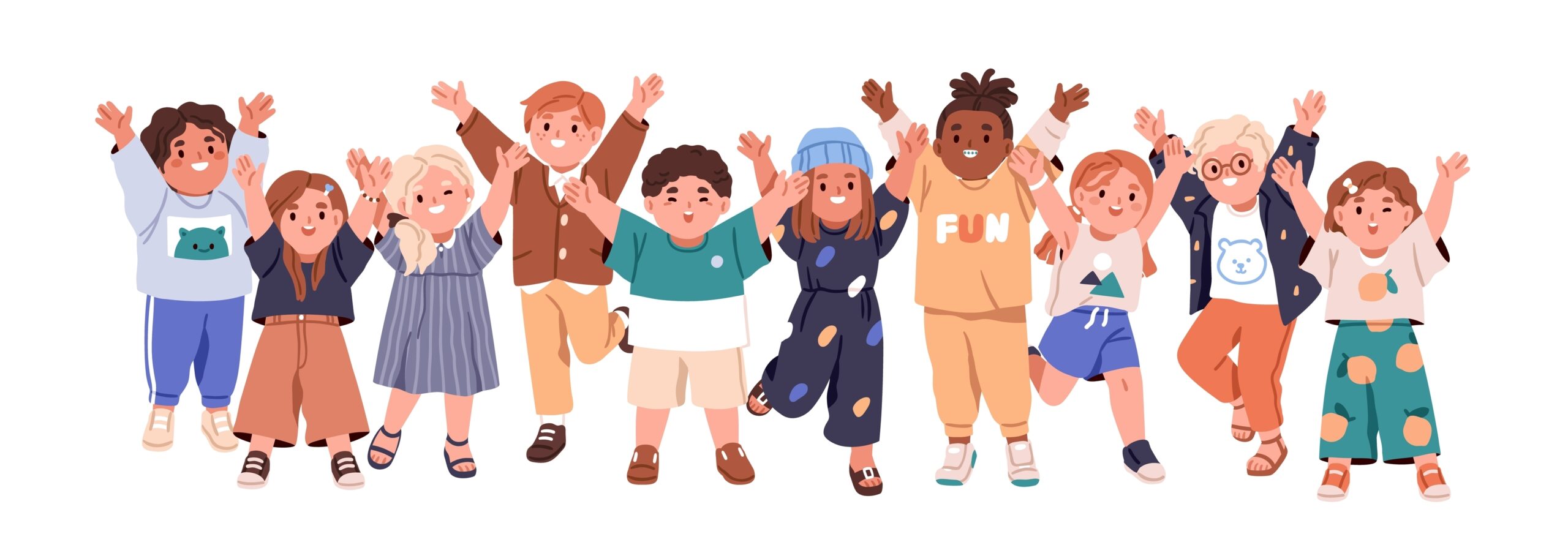
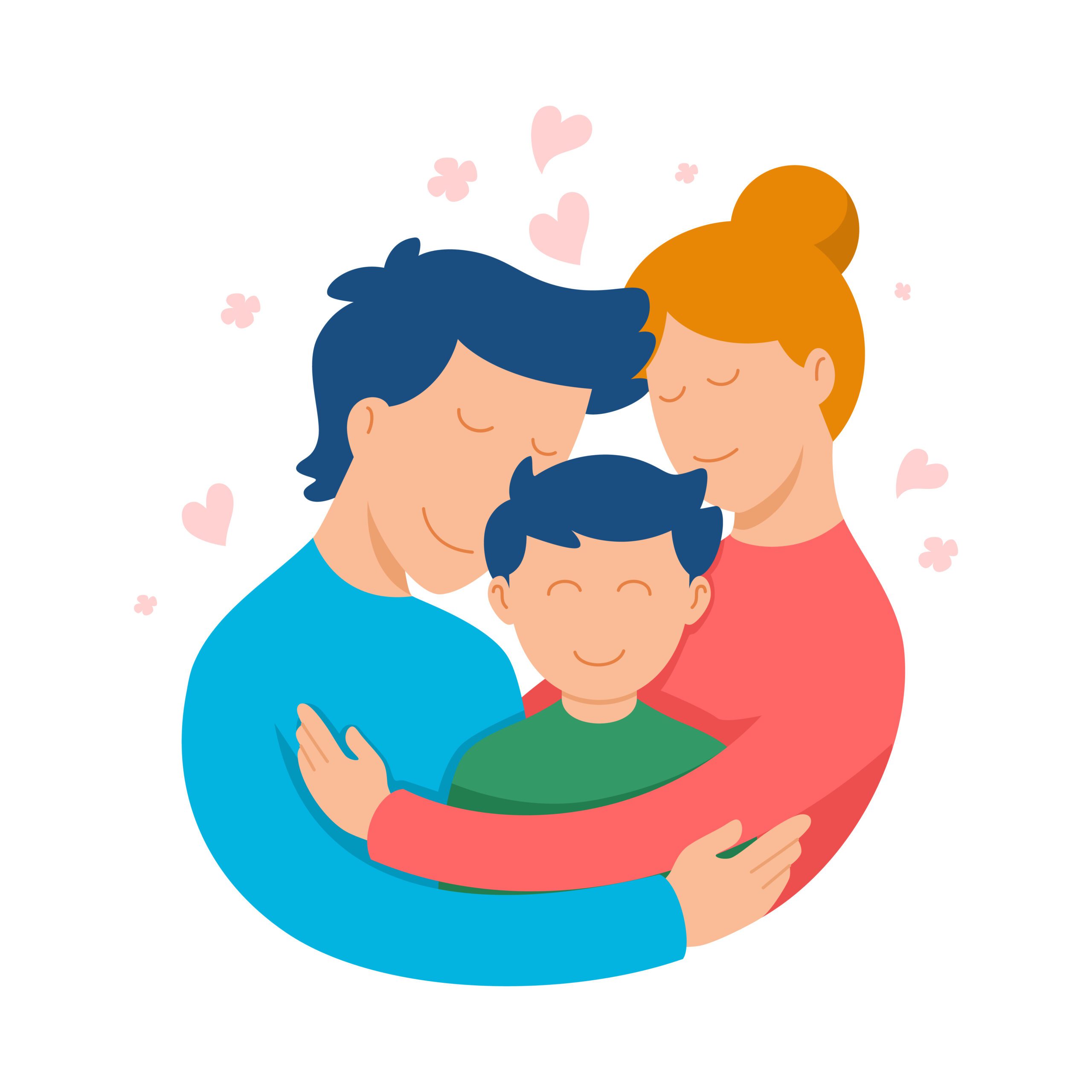
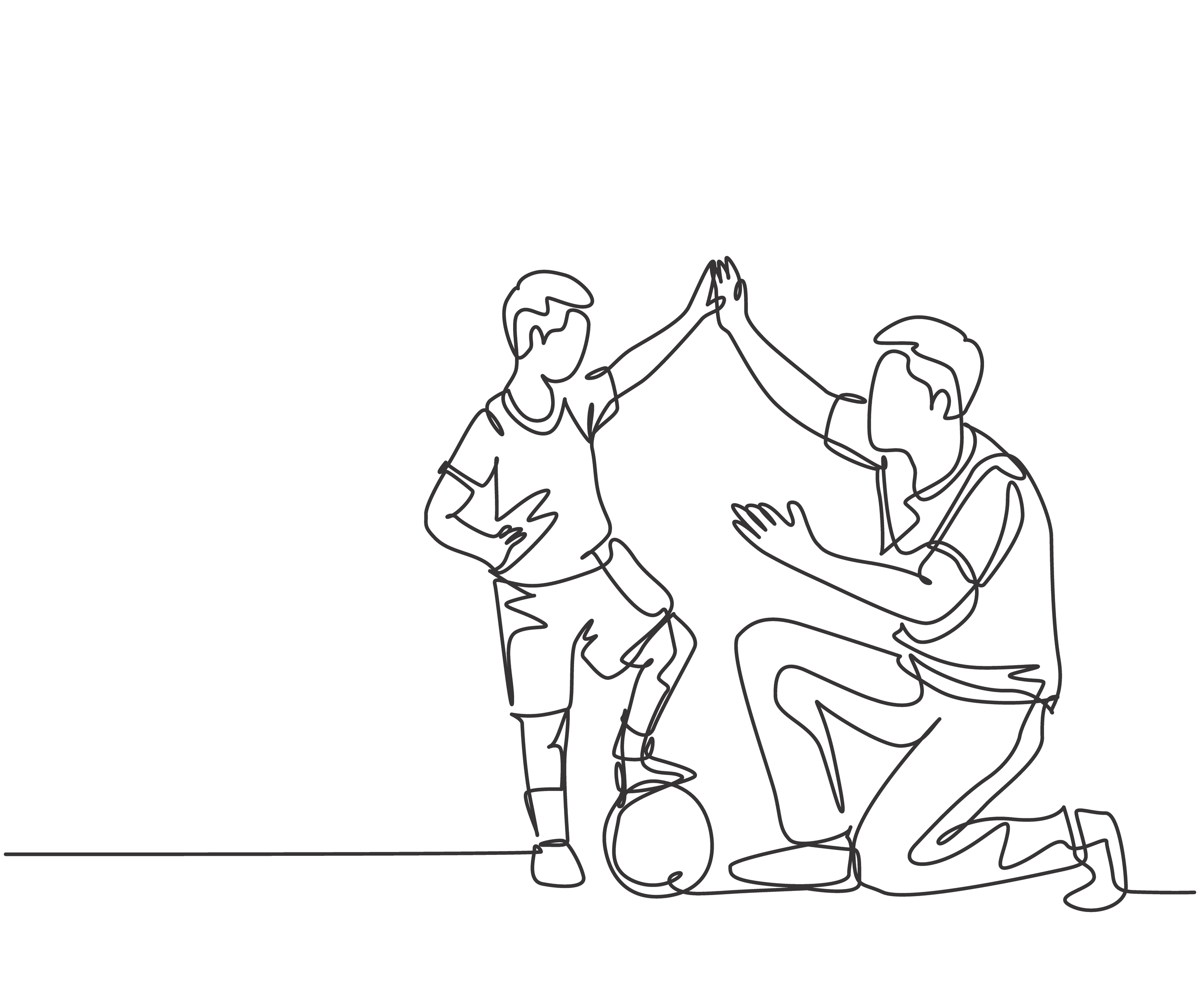







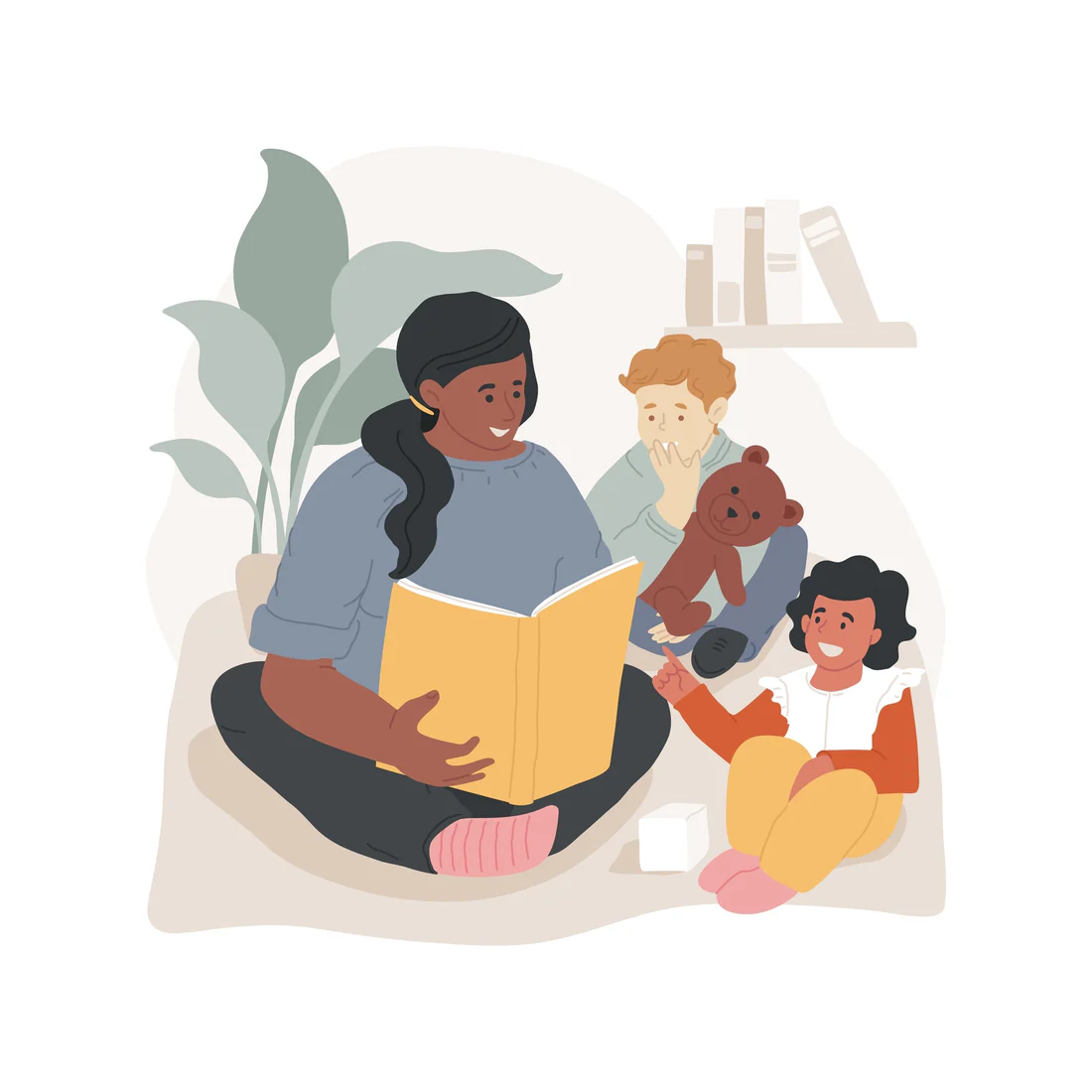
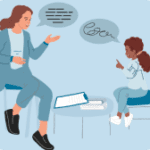 Speech Therapy
Speech Therapy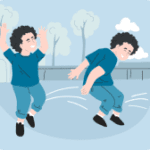 Physical Therapy
Physical Therapy Occupational Therapy
Occupational Therapy

